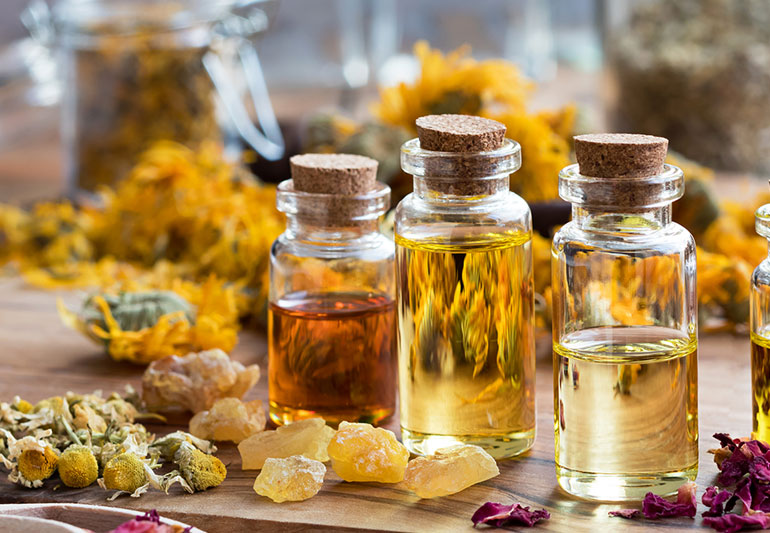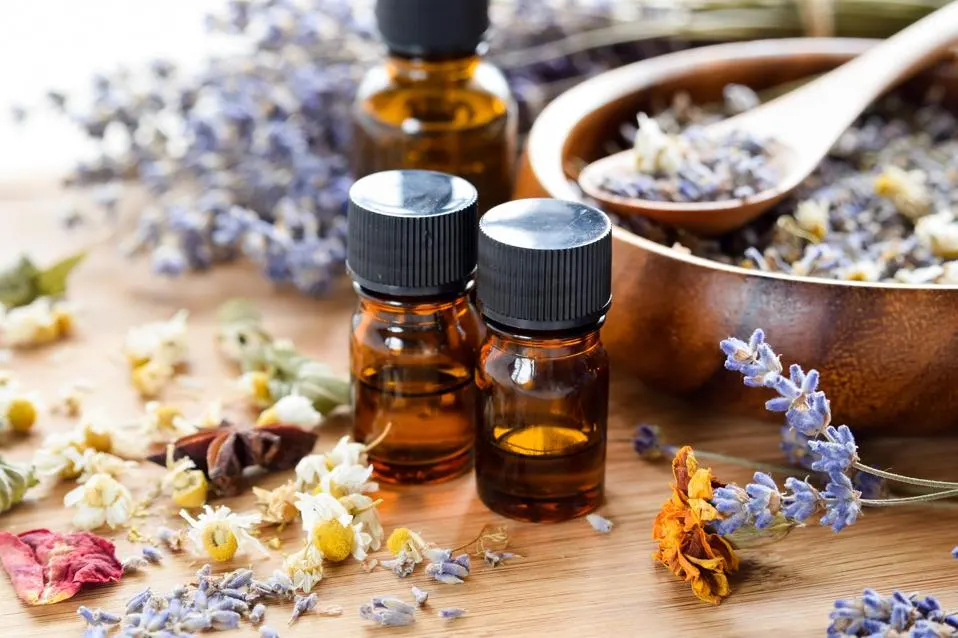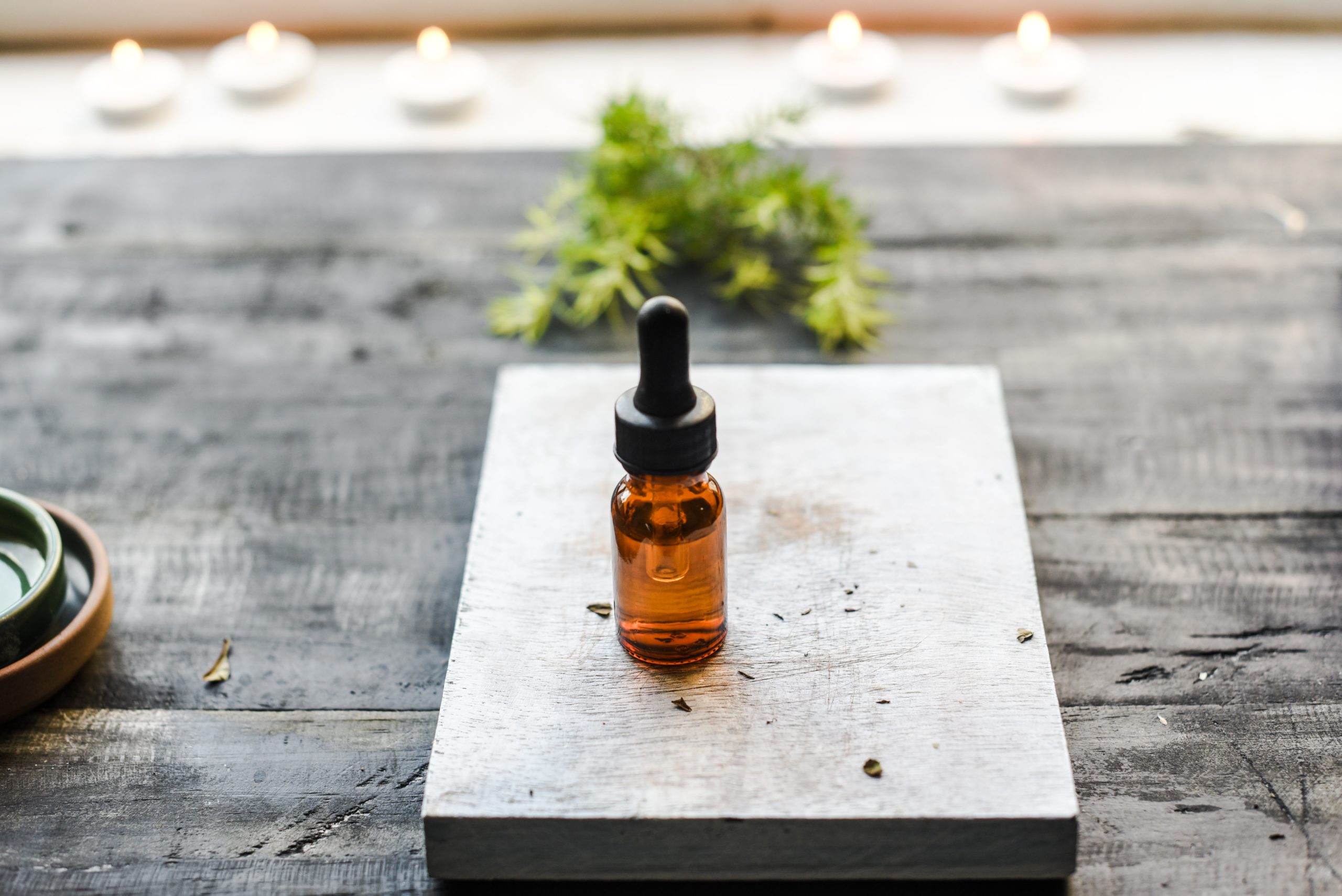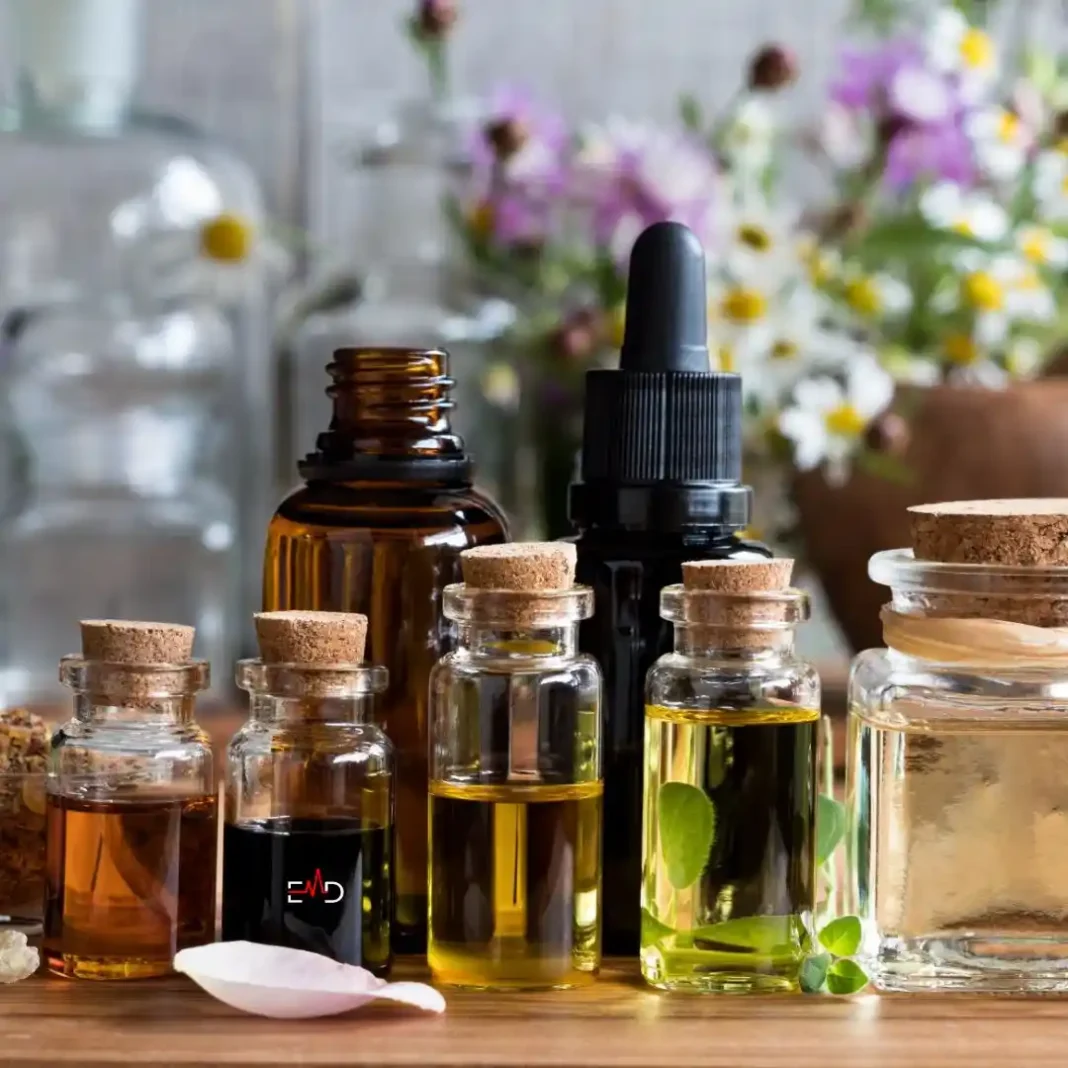Exercise Daily – Essential oils have taken the wellness world by storm in recent years, thanks to their natural, powerful, and versatile benefits. If you’re someone who’s looking to improve your health, boost your mood, or even freshen up your home, incorporating essential oils into your daily routine can be a game-changer. From aromatherapy to skin care, the health benefits of essential oils are vast and diverse. In this guide, we will explore the numerous health benefits of essential oils, including how to use them, popular essential oils, and some tips for getting the most out of them.
What Are Essential Oils?
Before diving into the health benefits of essential oils, it’s important to understand exactly what they are. Essential oils are highly concentrated plant extracts that capture the natural compounds and aroma of a plant. They are typically extracted using methods like steam distillation or cold pressing. These potent oils are used in a wide variety of applications, from beauty products to aromatherapy. Essential oils have been revered for centuries for their therapeutic properties, offering a holistic approach to health and wellness.
How Do Essential Oils Work?
When you inhale the scent of essential oils, their molecules enter your nasal passages and interact with your olfactory system, which is responsible for your sense of smell. This stimulates the brain, especially the limbic system, which plays a key role in controlling emotions, memories, and certain bodily functions. This connection explains why certain scents can help relieve stress or even improve mood.
On top of that, essential oils can be absorbed through the skin. When you apply them topically, they can help relieve skin irritation, promote relaxation, or even support the body’s natural healing process. However, it’s important to dilute essential oils with a carrier oil (like coconut or jojoba oil) to avoid skin irritation.

Health Benefits of Essential Oils
1. Promote Relaxation and Relieve Stress
One of the most popular uses for essential oils is in aromatherapy. The soothing scents of lavender essential oil, chamomile oil, and sandalwood can help you unwind and relieve stress after a long day. Simply inhaling these oils or using them in a diffuser can promote a sense of calm and relaxation. Some studies suggest that aromatherapy with essential oils can reduce levels of cortisol (the stress hormone), thus contributing to better overall mental health.
2. Enhance Sleep Quality
Do you struggle with getting a good night’s sleep? Using lavender oil in your bedroom before bedtime can promote relaxation and help you fall asleep faster. Lavender has long been known for its calming and sleep-inducing properties. Simply add a few drops of lavender essential oil to your pillow or diffuser and let the aroma work its magic.
3. Boost Mood and Mental Clarity
Certain essential oils, like peppermint oil and lemon oil, have been shown to have mood-boosting effects. These oils can invigorate your senses, improve mental clarity, and even reduce feelings of anxiety. Peppermint oil, for instance, is known for its ability to stimulate the mind and enhance focus, while orange oil can uplift your mood and promote a sense of happiness.
4. Support Heart Health
While not commonly associated with heart health, some essential oils have the potential to support cardiovascular wellness. Lemon oil, in particular, is believed to have antioxidant properties that may help protect against oxidative stress, which can damage the heart and blood vessels over time. Inhaling citrus oils may also help improve circulation and promote overall cardiovascular health.
5. Improve Skin Health
When it comes to skin care, essential oils can be a game-changer. For example, tea tree oil is known for its antimicrobial properties, making it an effective remedy for acne. If you struggle with blemishes or skin irritation, tea tree oil can help reduce redness and inflammation. Another popular essential oil for skin health is rosehip oil, which is often used for its anti-aging properties and ability to improve skin tone and texture.
6. Combat Allergies and Sinus Congestion
People commonly use essential oils like eucalyptus oil and peppermint oil to clear up sinus congestion and ease allergy symptoms. Peppermint oil gives off a menthol-like scent that helps open up airways and makes breathing easier, while eucalyptus oil provides compounds with proven antimicrobial and anti-inflammatory properties.
7. Improve Digestive Health
Digestive health can be greatly influenced by the use of essential oils. Peppermint essential oil, for example, has been shown to help soothe digestive discomfort, reduce bloating, and ease symptoms of irritable bowel syndrome (IBS). Applying a diluted peppermint oil blend to your stomach area may help promote digestion and alleviate nausea.

8. Boost Immunity
Essential oils can also play a role in supporting your immune system. Oils like tea tree, lemon, and frankincense have antibacterial and antiviral properties, making them helpful for warding off common colds and infections. Diffusing these oils during the winter months or adding them to your skincare routine may help protect against harmful bacteria and viruses.
9. Alleviate Pain and Inflammation
If you’re dealing with muscle aches or joint pain, essential oils like peppermint and lavender can help provide relief. These oils have natural analgesic (pain-relieving) and anti-inflammatory properties that can help soothe sore muscles and reduce swelling. Simply massage a diluted oil blend into the affected area for a natural pain relief solution.
10. Improve Hair Health
Many people turn to essential oils to improve the health of their hair and scalp. Peppermint oil is a popular choice for promoting hair growth, while rosemary oil can help with dandruff and dry scalp issues. By adding a few drops of these oils to your shampoo or massaging them directly into your scalp, you can promote healthy, shiny hair.
11. Relieve Headaches and Migraines
Suffer from frequent headaches or migraines? Try using peppermint oil or lavender oil for natural relief. Peppermint oil has a cooling effect that can help ease tension headaches, while lavender oil can help reduce the severity of migraines. Simply apply a diluted solution to your temples or diffuse the oil to experience soothing relief.
12. Repel Insects Naturally
If you’re looking for a natural alternative to chemical insect repellents, essential oils like citronella, lemongrass, and tea tree oil can help keep pests at bay. These oils have strong scents that insects dislike, making them ideal for outdoor use during the warmer months.
13. Create a Calming Environment
Diffusing essential oils can help create a calming atmosphere in your home. Whether you’re looking to relax after a stressful day or improve your focus, oils like lavender, lemon, and bergamot can help set the tone for a peaceful environment. Use an essential oil diffuser to disperse the scent throughout the room for an added touch of relaxation.
14. Support Respiratory Health
For those who suffer from respiratory issues, essential oils like eucalyptus, peppermint, and lavender can help improve breathing. Eucalyptus oil is particularly effective at relieving congestion, while peppermint oil can help open the airways and clear up a stuffy nose.
15. Create Your Own Essential Oil Blends
One of the most fun ways to enjoy essential oils is by creating your own custom essential oil blend. By mixing oils like lavender, peppermint, and lemon, you can craft a personalized fragrance that suits your needs. Not only will you enjoy the beautiful aroma, but you’ll also benefit from the therapeutic properties of your unique blend.

Conclusion
From promoting relaxation to improving skin health, the health benefits of essential oils are undeniable. Whether you’re using them in aromatherapy, adding them to your skincare routine, or simply enjoying their calming aromas, essential oils offer a natural, effective way to enhance your well-being. However, it’s essential to always dilute essential oils with a carrier oil and consult a doctor before using them, especially if you have existing health conditions. By incorporating essential oils into your daily routine, you can experience their full range of benefits and enjoy a more balanced, healthier lifestyle.
FAQs – The Benefits of Essential Oils in Everyday Life
Q: Can essential oils be applied directly to the skin?
A: No, essential oils are highly concentrated and should not be applied directly to the skin without dilution. Always dilute them with a carrier oil to avoid irritation.
Q: What are the most popular essential oils?
A: Some of the most popular essential oils include lavender, peppermint, tea tree, lemon, and eucalyptus. Each oil has unique properties that support various aspects of health.
Q: How can I use essential oils to relieve stress?
A: You can use essential oils like lavender or chamomile by diffusing them in your home or applying them topically (diluted with a carrier oil) to help calm your nerves.
Q: Can essential oils help with sleep?
A: Yes, lavender essential oil is well-known for promoting relaxation and improving sleep quality. Use it in a diffuser before bedtime or add a few drops to your pillow.




